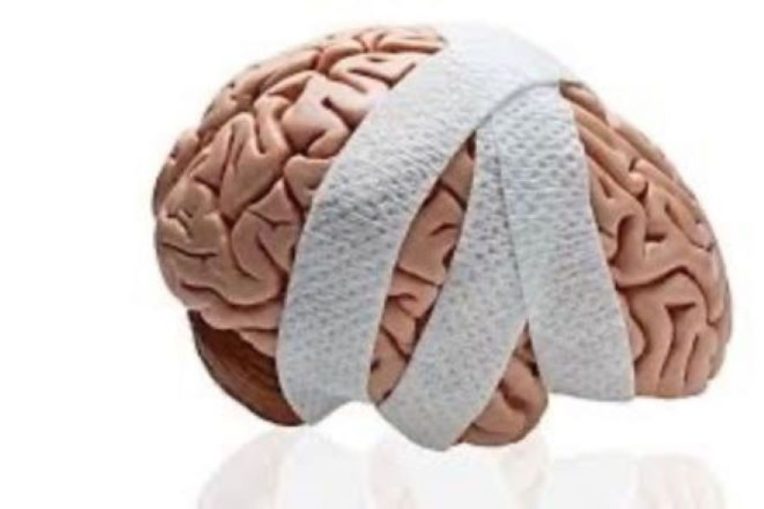March is Brain Injury Awareness month. A traumatic brain injury, or TBI, is a specific type of brain injury that occurs after birth and is caused by external physical trauma to the head. Injuries affecting physical abilities and brain function range from mild (concussion) to very severe. Common causes include falls, car accidents, violent assaults, and sports injuries. While anyone can sustain a TBI, some groups have an increased risk of injury from TBI. Those at the greatest risk include people aged 75 and older, males; particularly males ages 15-25, and children <5 years of age.
Speech-language pathologists (SLPs) are trained to assess, diagnose, and treat speech, language, cognitive and communication disorders in individuals who suffer from brain injuries. Therapy provided by SLPs can help individuals regain the ability to communicate effectively and regain cognitive skills that were affected by the injury.
The SLP will complete assessments to determine the cognitive-communicative skills needing the most improvement. An individualized treatment plan is then developed based on the patient’s specific needs.
Early speech therapy may involve establishing a general response to sensory stimulation—sound, touch and smell—when a patient is in a minimally responsive state. As awareness improves, the focus shifts to exercises designed to improve motor skills and restore cognitive-communication abilities. The SLP’s goal is to help ease confusion, improve understanding of what happened and assist the patient in maintaining attention so they can complete daily activities.
Once the patient achieves progress in the areas of basic orientation/awareness and attention, treatment will focus on restoring more complex skills necessary for successful participation in everyday life. These can include the following:
- Memory improvement
- Problem-solving skills
- Reasoning abilities
- Social skills
- Self-monitoring behavior
The final steps of speech therapy for individuals who have experienced TBIs may include the use of compensatory strategies that allow the patient to continue to manage any residual deficits. Functional outings and tasks are incorporated into therapy to focus on planning, organizing and executing the steps involved in accomplishing everyday tasks. The use of memory logs, checklists and organizers help patients navigate more complex tasks. Patients may also work one-on-one with a vocational rehabilitation specialist to help them return to work or school.
If you or a loved one has experienced a traumatic brain injury, please call the ISU Speech and Hearing Clinic at (309) 438-8641 today to schedule an appointment with a speech-language pathologist.

